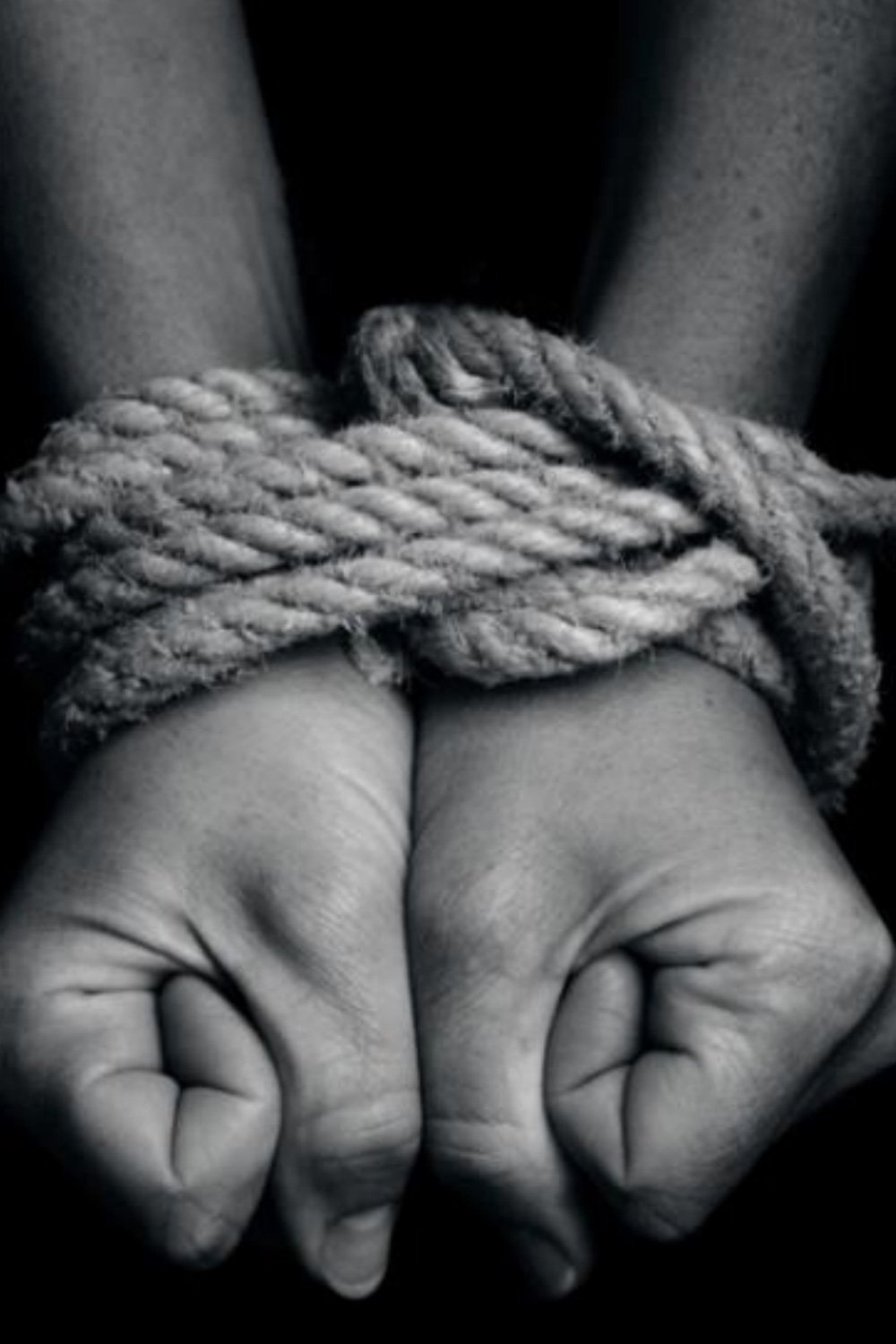On this 20th anniversary of the World Day Against the Death Penalty, the Women and Harm Reduction International Network (WHRIN) calls for immediate abolition of capital punishment. The paper draws particular attention to women on death row in association with drug offences. International human rights standards require the abolition of capital punishment. The death penalty violates the right to life as set out in the Universal Declaration of Human Rights. The rights described are designed to protect all people, they are not privileges to be bestowed or withdrawn. The death penalty means the scheduled killing of a defenseless prisoner at the hands of the state. Condemned to death, the prisoner must suffer uniquely cruel distress, with terrible hardship, anguish and grief. These sufferings are also borne by the loved ones of those on death row.
There is no proof that the death penalty has any special capacity to reduce crime. A majority of countries have abolished capital punishment and agree that States should refrain from using capital punishment in relation to drug-related offences. Drug crimes are generally economic, non-violent and victimless offences and as such, they should never result in capital punishment. Those who supply are not murdering or harming anyone, with baseless drug war propaganda driving the notion that supply of drugs is intended to have a deadly result.
Women sentenced for drug related offences are the fastest growing prison population in the world. With mandatory prison sentences for even low-level drug trafficking, the incarceration of women for drug offences has jumped globally by 53% since 2000. In Indonesia, the incarceration rate of women has spiked by 144% since 2011, and between 2000 and 2018, 18 of 22 women sentenced to death were convicted of drug offenses.
